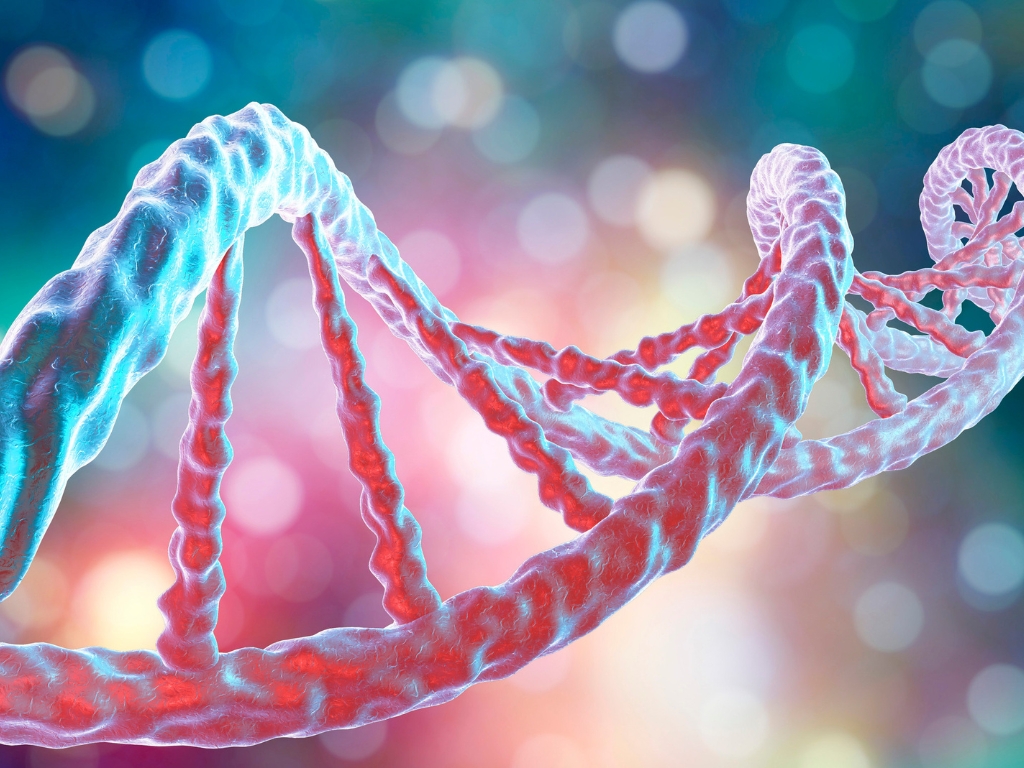Unraveling the Threads: The Role of Genetics in Chronic Disease Risk
Chronic diseases — such as heart disease, diabetes, and cancer — are leading causes of morbidity and mortality worldwide. While lifestyle factors like diet, physical activity, and smoking have long been recognized as key influencers, the spotlight is increasingly falling on another pivotal player: genetics. Understanding the role of genetics in chronic disease risk can revolutionize our approach to health and wellness.
Understanding Genetics and Chronic Disease:
Our genetic blueprint, inherited from our parents, is a tapestry of information that dictates various aspects of our health. Certain genetic variations can predispose individuals to a higher risk of developing chronic diseases. For instance, mutations in the BRCA1 and BRCA2 genes significantly increase the risk of breast and ovarian cancers.
Genetic Factors vs. Lifestyle Choices:
The interplay between genetics and lifestyle choices is complex. While you cannot change your genetic makeup, understanding your predispositions can guide more informed lifestyle and healthcare decisions. This knowledge, combined with healthy lifestyle choices, can significantly mitigate the risk of developing chronic diseases.
The Power of Knowing Your Genetic Makeup:
Advancements in genetic testing offer a window into understanding individual risks for chronic diseases. This proactive approach allows for early interventions and personalized preventive strategies, potentially altering the course of one’s health trajectory.
Prevention and Management Strategies:
Armed with knowledge about genetic risks, individuals can adopt lifestyle changes and health strategies that significantly lower the risk of disease manifestation. Furthermore, personalized medicine — treatments tailored to an individual’s genetic profile — is emerging as a powerful approach to manage and treat chronic conditions more effectively.
The role of genetics in chronic disease risk underscores the importance of a comprehensive approach to health that includes understanding our genetic predispositions. By embracing this knowledge, we empower ourselves to make choices that enhance our health and well-being.

























